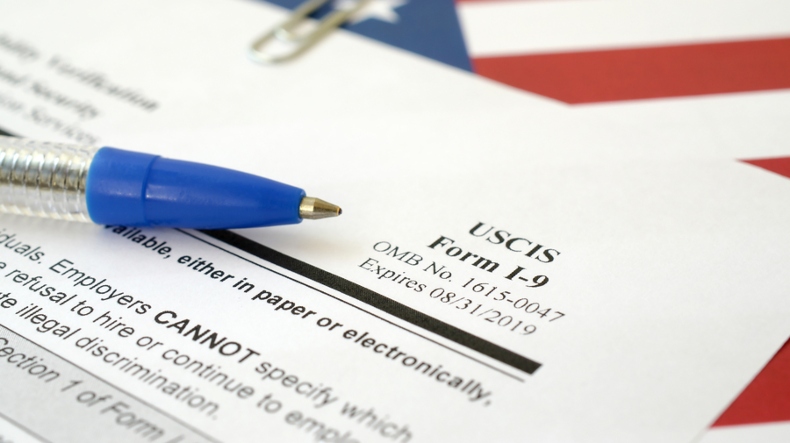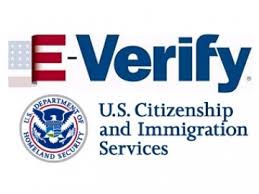It’s almost 2026, so now is the time to review and update your company’s HR and payroll practices and documents for the new year. With 2025 ending, here is our 10 point list of Human Resources and payroll actions and updates for January 2026. Happy New Year!
- Update your new hire packet with 2026 documents. Replace your W4 with the 2026 version. Optional – send the new W4 to existing employees in January to see if they would like to make changes for 2026.
- Check to ensure you are using the latest Form I-9 (expiration date for 5/31/2027). Florida employers with 25 or more employees are required to use E-verify.
- Go through terminated employee I9s and purge old I9 forms. The I9 retention rule is a minimum of 3 years or 1 year after termination, whichever is longer.
- If group insurance plans renew on January 1, update the DOL Healthcare Exchange form (mandated by ACA) with current group health insurance renewal information (contribution cost and eligibility) and add to page 2.
- Check the Florida and federal workplace posters to ensure the latest versions are posted. See the Florida Department of Economic Opportunity webpage for free versions. Florida updates its minimum wage poster annually in September.
- Review, update and post the updated observed holiday schedule for 2026 (here are the 2026 federal holidays) and add to the Employee Handbook. It’s also a Leap year!
- Review recruiting and retention strategies for 2026 to stay current with the labor market conditions. Check the trending labor rates for key positions and obtain current compensation data to validate existing salary bands. Florida DEO publishes annual wage and salary data.
- For 2026, 401k plan contribution limits will increase in 2026 to $24,500 by the Internal Revenue Service. The catch-up contribution limit for employees aged 50 and over who participate in 401(k) is $8,000. Read more about it. Share this information with employees.
- Florida minimum wage rates change later in 2026 – Florida MW to increase to $15.00 per hour on September 30, 2026).
- Update your travel policy to adjust to the new IRS mileage rate for 2026 (not released as of Dec 14). Experts expect the rate to increase to 72 cents per mile.
Here are two last recommendations. First, to prepare accurate W2s and 1099 forms at the end of January, obtain employee consent to electronic delivery of their W2 forms. Per IRS regulations, employers need affirmative consent from an employee in order to deliver Forms W2 electronically.
Second, don’t forget to send your 2026 Florida Reemployment Tax Rate Notice to your payroll company (or update your own payroll profile if you do it yourself) so your newly calculated 2026 payroll tax rate is applied to upcoming payrolls. The minimum rate is 0.0010 (0.1%) or $7 per employee.
If you want some help with managing HR at your small business, give Consultstu a call.








